The time taken by a slow sunset. This is Hofmannsthal's stage direction for the performance of Elektra, a one-act tragedy of unimaginable darkness and violence. The same term is often applied to the dying flames of the Austro-Hungarian Empire and indeed all cosmopolitan Europe at the beginning of the 20th century. It was Elektra that, in 1906, brought together those two acclaimed heirs of the grand German tradition, both celebrated and in the prime of life, Richard Strauss and Hugo von Hofmannsthal. With its huge orchestra and musical writing that pushed vocal technique to its limits, Elektra brought Post-Wagnerianism to a blazing apotheosis. However, unlike Salome, the ashes of Elektra were to prove fertile ground and Elektra can be seen as a perfect and well-prepared introduction to Strauss's future works from Rosenkavalier to Arabella. "To cling to what is lost, eternally persisting until death - or to survive, to go on living, to adapt and sacrifice the integrity of one's soul whilst remaining oneself in the midst of change, always to remain human without debasing oneself to the level of an animal deprived of memory, that is the fundamental theme of Elektra: the voice of Elektra against that of Chrysothemis, the voice of the hero against that of the human being." (Hofmannsthal)
Cast and Creative team for Elektra at Opéra national de Paris - Opéra Bastille
Robert Carsen Stage director
Michael Levine Sets
Vazul Matusz Costumes
Robert Carsen, Peter Van Praet Lighting
Philippe Giraudeau Choreography
Patrick Marie Aubert Chorus master
Waltraud Meier Klytämnestra
Irene Theorin Elektra
Ricarda Merbeth Chrysothemis
Kim Begley Aegisth
Evgeny Nikitin Orest
miranda Keys Die Aufseherin
Nn, Susanna Kreusch, Heike Wessels, Barbara Morihien, Eva Oltivanyi Fünf Mägde
Videos
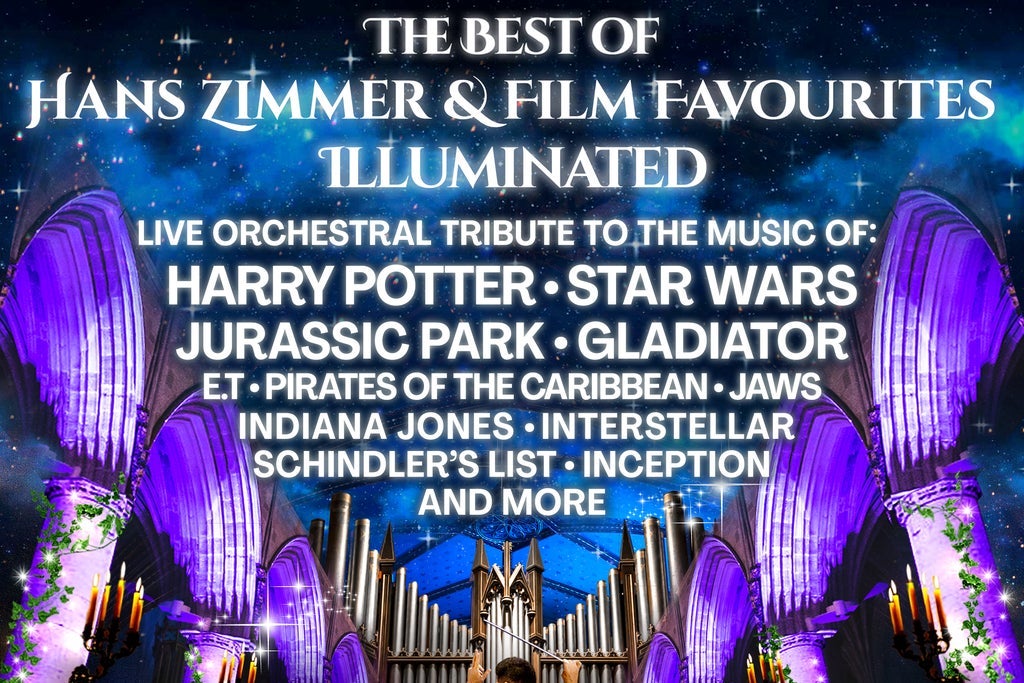
|
The Music of Hans Zimmer & Others
Maihaugsalen (11/19 - 11/19) | |
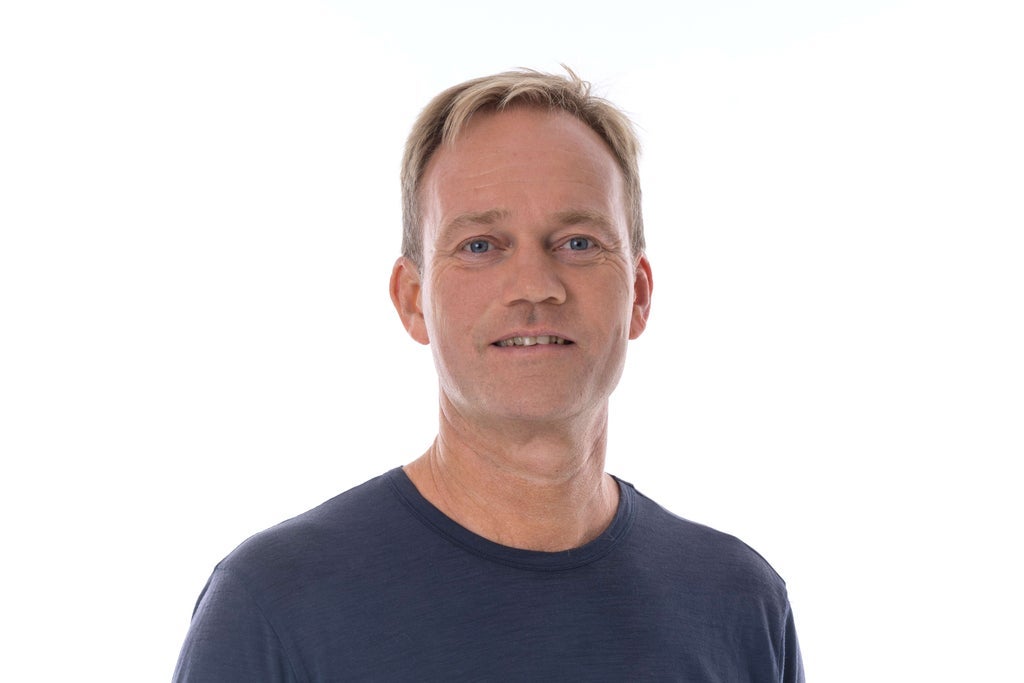
|
Derfor skaber du dit eget liv - med baggrund i kvantefysikken
Sønderborghus (5/14 - 5/14) | |
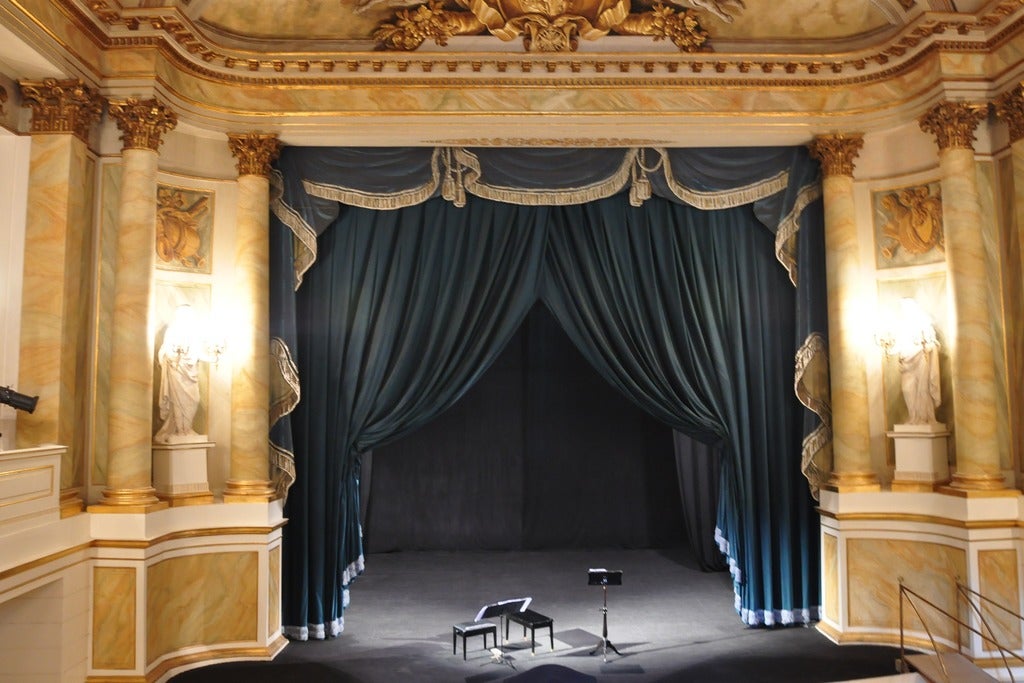
|
LE BRACELET
GARE DU MIDI (5/3 - 5/3) | |

|
KAVI esittää: Andrzej Wajda: SUKUPOLVI
Studio, Kulttuuritalo Valve (3/18 - 3/18) | |

|
LES CHATOUILLES
LA PEPINIERE THEATRE (2/4 - 4/26) | |
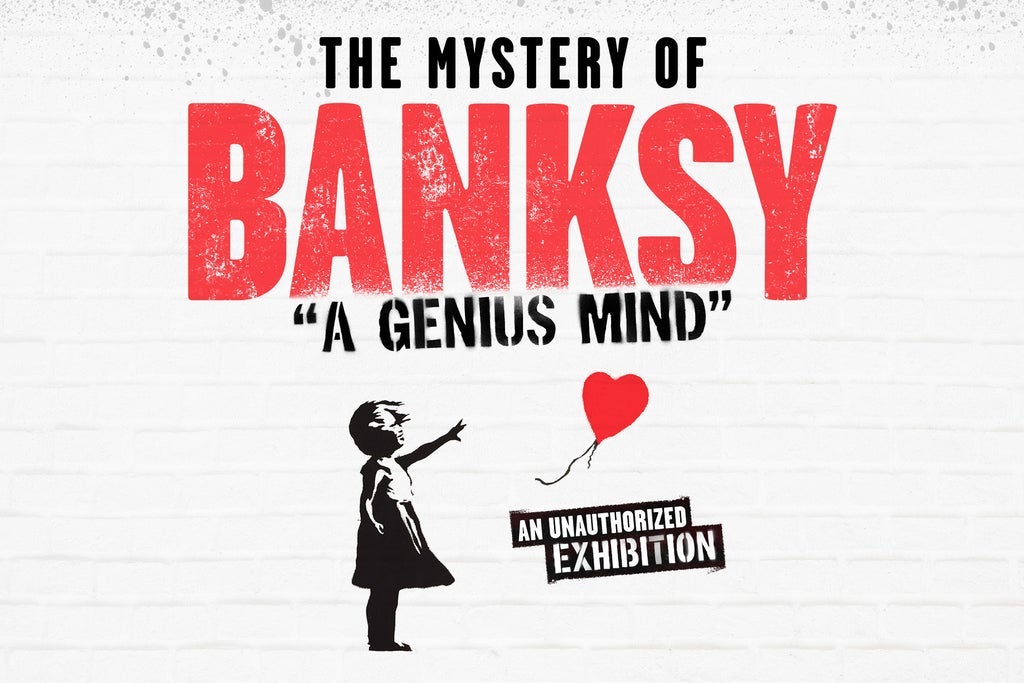
|
The Mystery of Banksy
Art Maze (5/16 - 9/21) | |
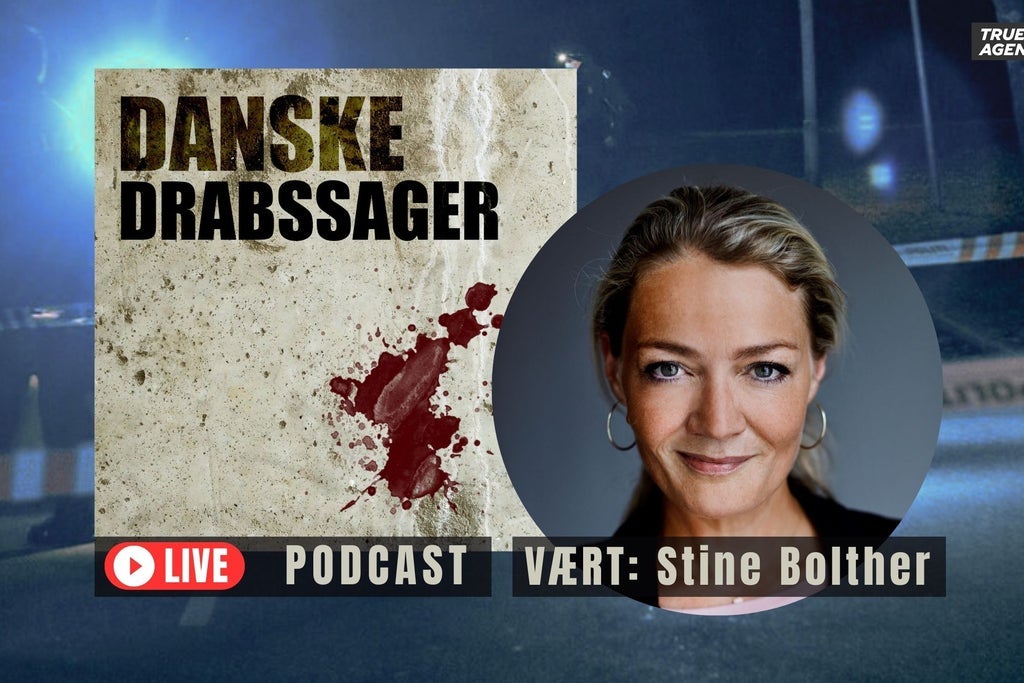
|
Danske Drabssager - en aften med eksperterne
Magasinet (10/6 - 10/6) | |
| VIEW SHOWS ADD A SHOW | ||
Recommended For You


